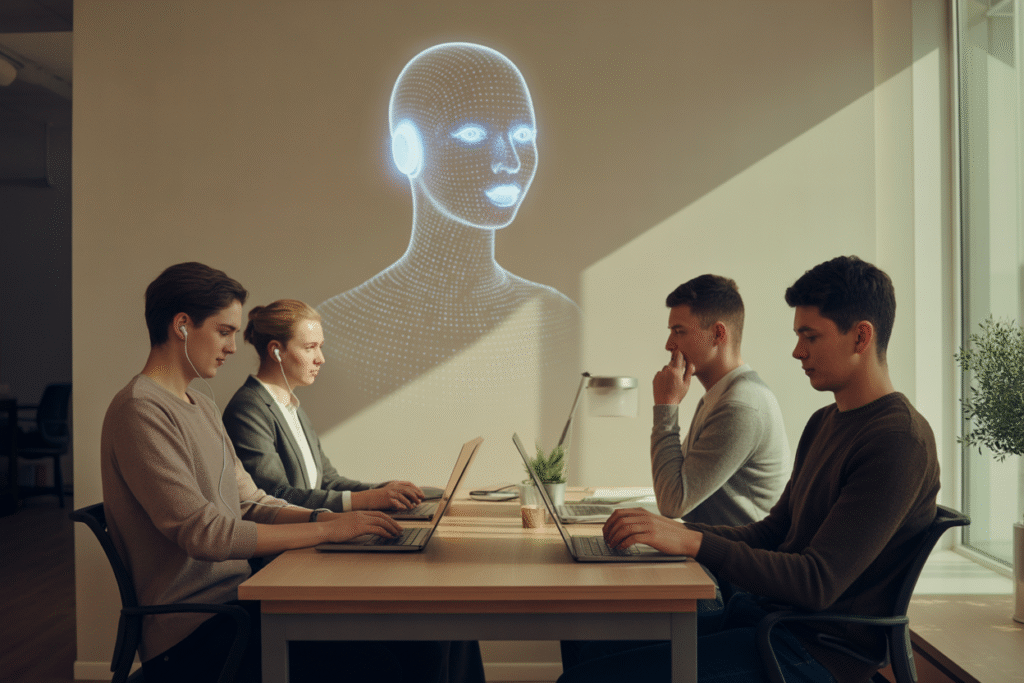A quiet policy tweak just ignited a global debate on AI censorship, open science, and who gets to decide what we can—or can’t—learn.
Imagine waking up to find that one of the world’s most respected AI labs has quietly walled off an entire branch of human knowledge. That’s exactly what happened when Anthropic revealed it now scrubs chemical, biological, radiological, and nuclear data from its training sets. In the three hours since the news leaked, Twitter threads exploded, academics panicked, and regulators scrambled. Why does a safety measure feel so much like censorship? Let’s unpack the uproar.
The Announcement That Shook the Lab
On August 19, 2025, Anthropic updated its Responsible Scaling Policy with a single new clause: a “CBRN constitution” that blacklists any data touching weapons of mass destruction. The goal sounds noble—prevent malicious actors from weaponizing large language models. But the wording is broad enough to catch legitimate research on vaccine development, agricultural pesticides, even radiology textbooks. Within minutes, the policy leaked on X, and the timeline lit up with a mix of praise and panic. Critics argue the move sets a precedent where private companies decide what knowledge is too dangerous for public consumption.
Safety vs. Censorship—Where’s the Line?
Proponents say the filter slashes existential risk. After all, if a chatbot can tutor you in calculus, it can tutor you in anthrax synthesis. But skeptics counter that open science has always walked a tightrope between benefit and harm. They point to historical breakthroughs—penicillin, CRISPR, mRNA vaccines—that emerged from research once deemed dual-use. Anthropic’s defenders insist the filter is surgical, yet no independent audit has verified exactly which datasets vanished. The opacity fuels suspicion: is this safety engineering or corporate gatekeeping?
Voices From the Front Lines
Open-source advocates fear a chilling effect on graduate students and biotech startups who rely on public models. One virologist tweeted, “I can’t train my AI assistant to spot zoonotic spillovers if it’s blind to viral genomes.” Meanwhile, national-security hawks applaud the move, arguing that any delay in AI capabilities is worth preventing a lone-wolf bioterror event. Caught in the middle are regulators who suddenly realize they have no framework for overseeing algorithmic redaction. The EU’s AI Office has already scheduled an emergency hearing for next week.
Slippery Slope Scenarios
If CBRN data is too hot, what’s next? Climate engineering recipes? Encryption algorithms? Abortion pill protocols? Each topic carries dual-use potential and political baggage. Anthropic insists the constitution is narrowly scoped, but code is malleable and incentives shift. A future update could quietly expand the blacklist without public comment. The scarier thought: competitors might adopt similar filters to avoid liability, creating a race to the bottom where the open web becomes a patchwork of sanitized knowledge zones.
What You Can Do Right Now
First, read the policy yourself—links are below. Second, demand transparency: ask Anthropic to publish a redacted list of removed sources. Third, support organizations pushing for open audits of AI training data. Finally, engage your local representatives; upcoming legislation could enshrine or outlaw these practices. The future of scientific inquiry may hinge on how loudly we speak up today.


